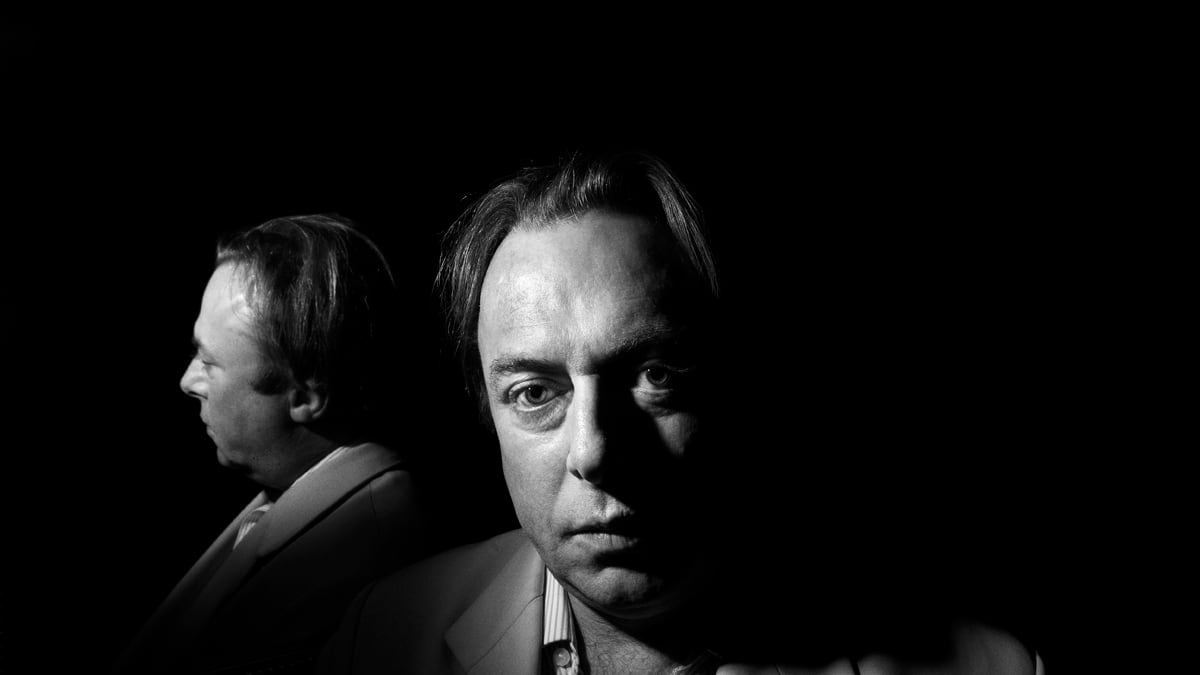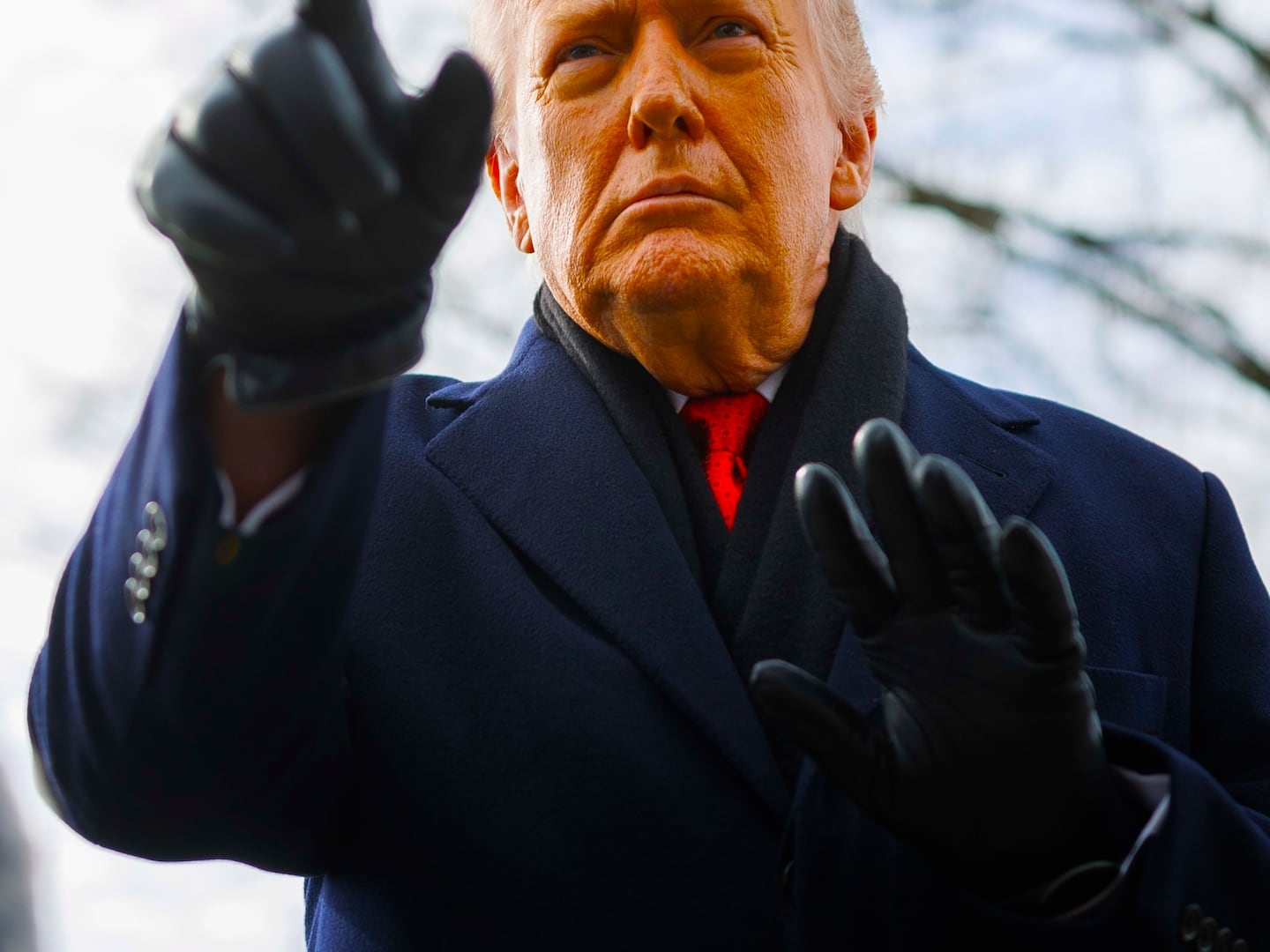
British-born Christopher Hitchens became internationally-known for his opinions on literature, politics and the Iraq War. See his life in photos.
Paolo Pellegrin / Magnum
Christopher Hitchens, one of the world’s foremost thinkers and literary critics, was born in Portsmouth in the United Kingdom in 1949. The Oxford-educated journalist and political pundit became famous for his critiques of Mother Teresa, the Clinton family and others and was a fervent supporter of the Iraq War. After attaching himself to the far left’s movement in the ‘60s, Hitchens made a foray into the world of journalism, working for British papers such as The New Statesman. It was during this time that Hitchens began writing about his discontent with the Vietnam War.
William Coupon / Corbis
Hitchens emigrated to the United States in 1981 but didn’t attain citizenship until April 13, 2007, his 58th birthday. At left, Hitchens is seen at his home in Washington in February 2011, after he was diagnosed with cancer of the esophagus.
Brooks Kraft / Corbis
Hitchens is seen here at the Hay Festival in Wales in 2010. It was at this festival in 2005 that Christopher was reunited with his brother Peter whom he hadn’t spoken to in four years after a disagreement regarding Stalinism, one of his many famous fights.
David Levenson / Getty Images
Hitchens, pictured in 2007, became a literary critic and columnist for a variety of well-known American publications, including The Atlantic, Vanity Fair, Slate, World Affairs and The Nation. More recently, Hitchens took on writing about culture in off-topic sort of ways, including on the humor of women for Vanity Fair in 2007.
Paolo Pellegrin / Magnum
Hitchens also became a regular on TV news talk shows in the mid-90s. He was a fervent opponent of President Clinton, accusing him at one point of rape. In 1998 he supported the impeachment of the then-president on Meet the Press. A year later, he accused a Clinton aide of lying.

Seen here at his Washington D.C. home in 1993, Hitchens long had ties to the socialist movement. He told a magazine in 2001 that he could not call himself a Socialist, “but I still am a Marxist.”
Catherine Karnow / Corbis
Hitchens pictured at the Baalbek Ruins in Lebanon in 1991. Hitchens was a frequent visitor to Lebanon and was famously attacked by fascists in Beirut during a 2009 visit. But even after his attack he maintained a cautious optimism about the country, he wrote, “This is the way that Lebanon could be: a microcosm of the Middle East where ethnic and confessional differences are resolved by Federalism and by elections. But there is a dark, supervising power that keeps the process under surveillance, and then alters the odds by selecting some actors for abrupt removal.”
Ed Kashi / Corbis
Hitchens in 2010. His memoir, Hitch-22, debuted in June of that year and almost immediately found its way to the bestseller lists. Unfortunately, that same month, Hitchens was diagnosed with esophageal cancer and had to cancel his book tour to focus on his treatment. At the time, he said in a statement, “I have been advised by my physician that I must undergo a course of chemotherapy on my esophagus. This advice seems persuasive to me. I regret having had to cancel so many engagements at such short notic
Marvin Joseph, The Washington Post / Getty Images




